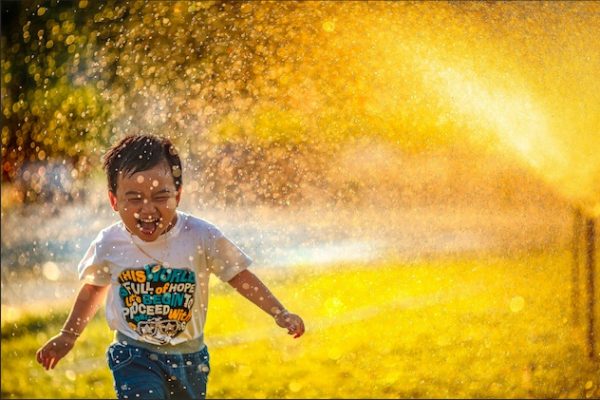Instead, try celebrating with them

Any student of science knows that in an experiment, comparisons are only valid if you control all the other variables that could affect the outcome. If you are studying the effect of physical exercise on heart rate, you need to control for things like caffeine consumption, age, previous heart conditions, and a host of other things that could also affect heart rate.
Ironically, I’ve also compared myself to other people for years. I felt I wasn’t as hard-working as them or as confident or that I was falling behind in some other way. I conveniently forgot about all the control variables.
When you compare yourself to someone else, you forget all the variables that made them who they are are — their genes, their upbringing, the events of their life. Funnily enough, you overlook the fact that others may be comparing themselves to you, while you take all the positive variables of your own life for granted. Or at least, that’s what I do.
Such comparisons are scientifically invalid.
Instead of envying someone their good fortune or achievements, we can aspire to what I’d like to call peer cheering (as opposed to scientific peer review). By this I mean finding something to celebrate when you hear someone else’s good news and feeling glad that they will enjoy it.
As hard as this may seem to do, especially when they’re in a situation you’d really like to be in yourself, I’ve found it’s possible. I’ve tried doing it lately, and when I can manage it, it feels great. We’ve been fed a false narrative that one person getting what they want somehow makes others less likely to do so. Isn’t the opposite often true? Haven’t you at some point been inspired by those who’ve already managed to achieve your dreams?
I think it simply comes down to wanting to feel good for others. When you come across someone whose hard work has finally paid off or who’s had a stroke of luck or is simply content for someone reason, picture them dancing around with joy, and wish them well. Even if you don’t genuinely feel it at first (that was my worry!), if you do it enough, you start to really feel happy for them. I’ve repeated this experiment a few times so I know it works. That doesn’t mean I no longer feel any envy, of course — but it’s a step forward.
Less comparison + Being able to feel glad for others = Expansion of your own potential for happiness
Maybe I should be sharing this with the students I teach science to, alongside the equation for photosynthesis.
To read more of my articles please visit my articles page






